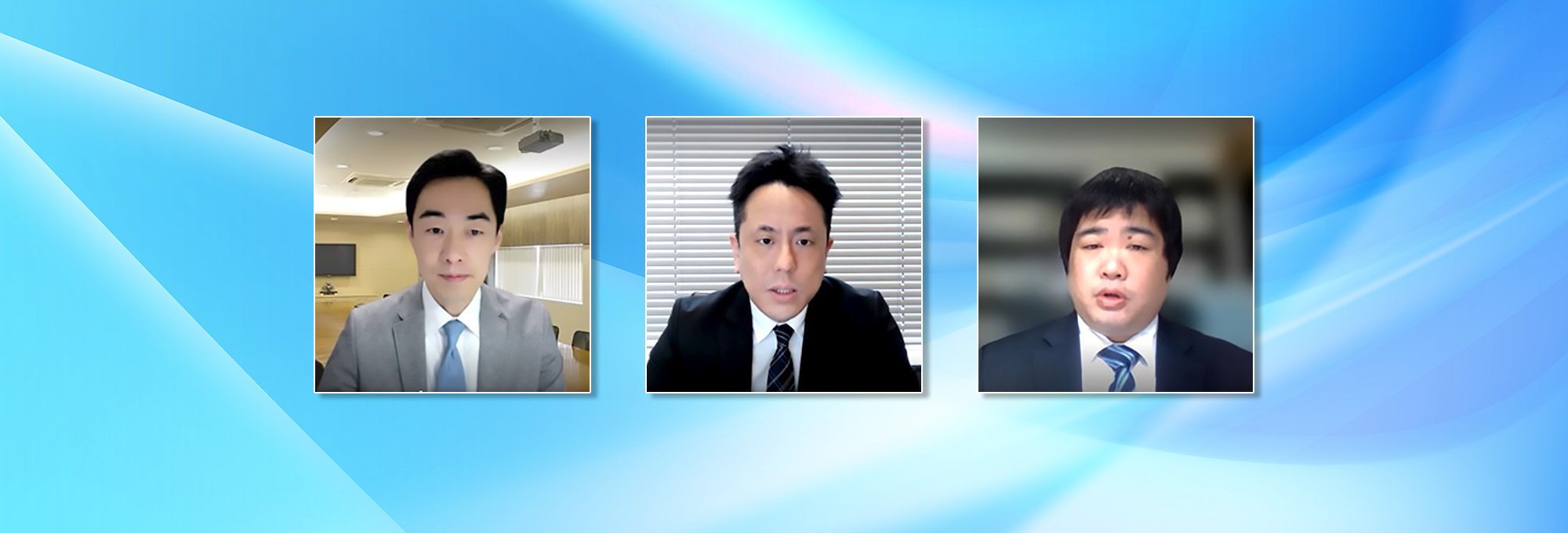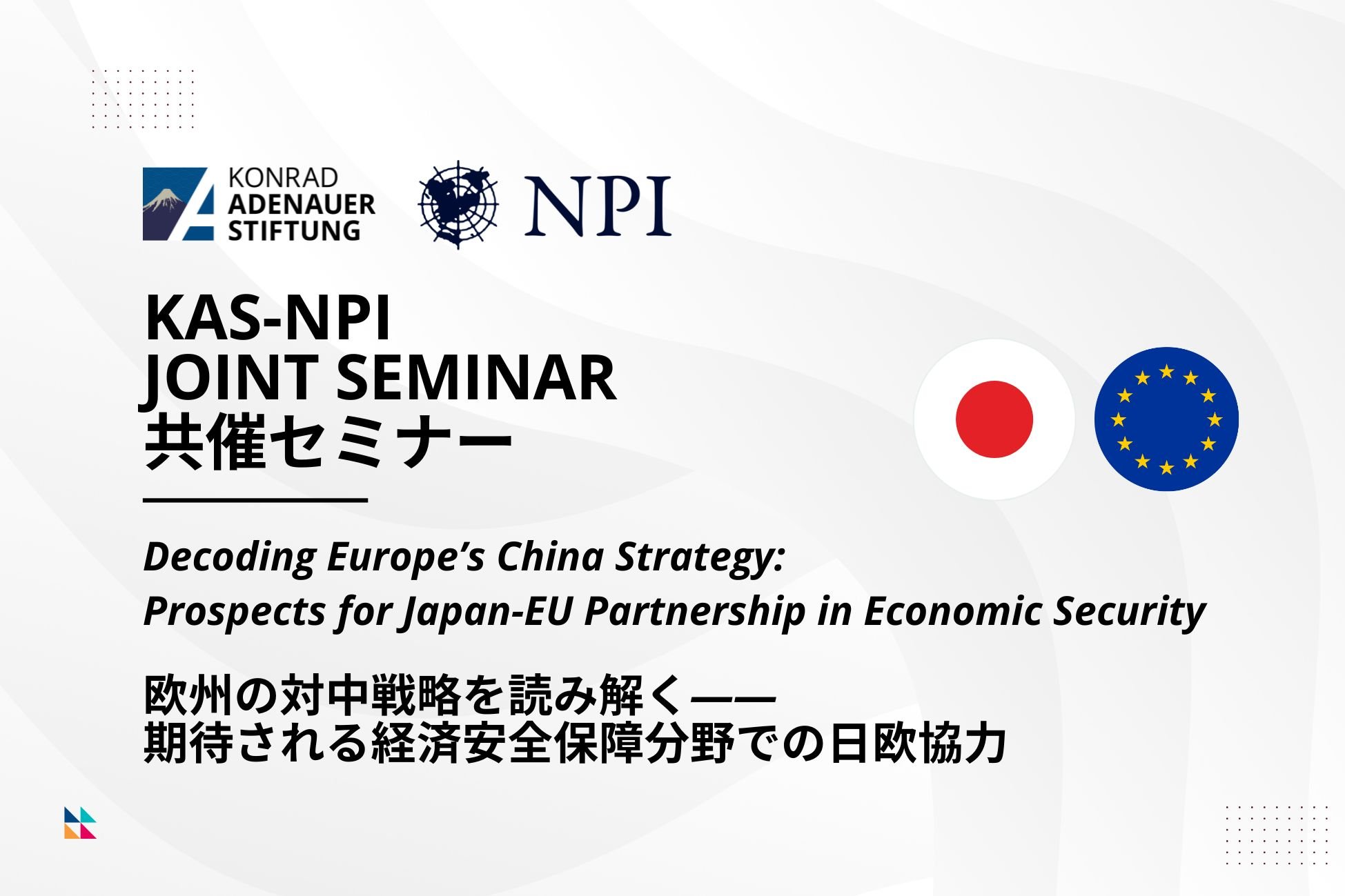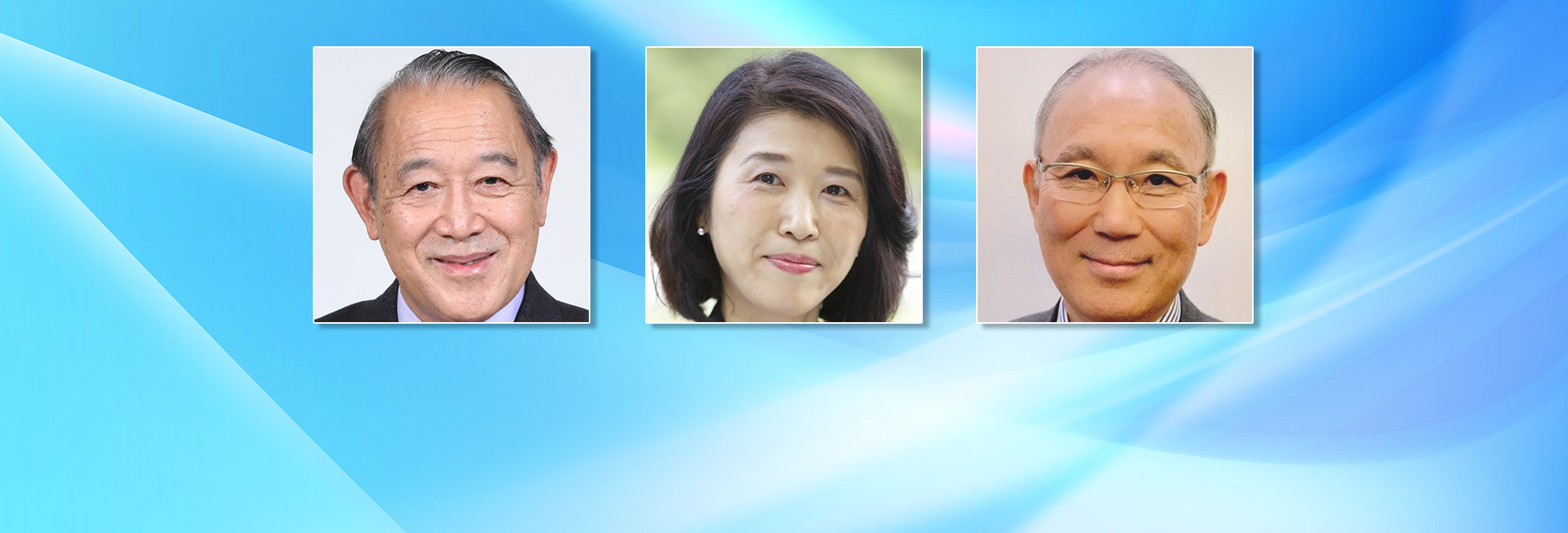2022/04/28
The March 25, 2022 session of the NPI series, "Ask What You Want to Know" on "Forecasting the Situation on the Korean Peninsula after the New South Korean Administration Takes Office"
The NPI "Ask What You Want to Know" series is a forum in which leading researchers discuss issues of current interest and field questions from the attendees.
Since the beginning of 2022, a number of noteworthy events have taken place on the Korean Peninsula. North Korea "successfully" launched missiles seven times in January alone, and four times in February and March. The missile launched on March 24, the day before this webinar, is claimed to be a new type of intercontinental ballistic missile (ICBM), the "Mars 17."
Presidential elections were held in South Korea on March 9, and Yoon Seok-yeol, the candidate of the conservative opposition People Power Party, won the election and will assume presidency on May 10, 2022. The change in government from the progressive Moon Jae-in administration to the ruling opposition party is expected to bring about a major shift in foreign and security policy, but the domestic foundation of the Yun administration is not solid, and it is necessary to carefully observe whether the new administration's foreign and security policy will develop smoothly.
The Northeast Asia Study Group, taking full advantage of members' expertise, conducts research to respond to the growing demand for professional and academic analysis of issues on the Korean Peninsula, including the deteriorating Japan-Korea relationship, and, based on this analysis, formulates policy implications (policy recommendations). In this "Ask What You Want to Know" session, the study group members provided explanations in their responses to questions from the attendees.
Moderator
Nishino Junya, Study Group Leader, Senior Fellow, Nakasone Peace Institute; Professor, Keio University
Panelists
Ito Kohtaro, Senior Research Fellow, The Canon Institute for Global Studies (Center)
Umeda Hiroshi, Lecturer, Takushoku University (Right)
Active discussion was held with participation by attendees from the Ministry of Foreign Affairs, other government offices, corporations, and the mass media. Questions from attendees were organized into the following four groups and posed to the panelists on the day of the event.
1. Will the change of administration in South Korea and the change in Russia's Far East strategy due to the war in Ukraine bring about a change in North Korea's policy? What is the outlook?
2. It seems unlikely that whoever is elected will go back to the Japan-South Korea foreign ministerial agreement over the comfort women issue from the Park Geun-hye administration, but is there any clue for finding common ground?
3. What will the new administration's approach to the CPTPP be?
4. Please redefine what would be the "worst" in Japan-Korea relations and give new definitions of "resolution," "improvement," and "progress." Can there be a "solution" to the issue of historical recognition?






